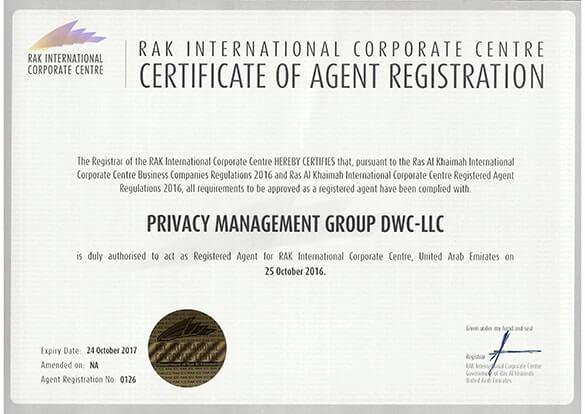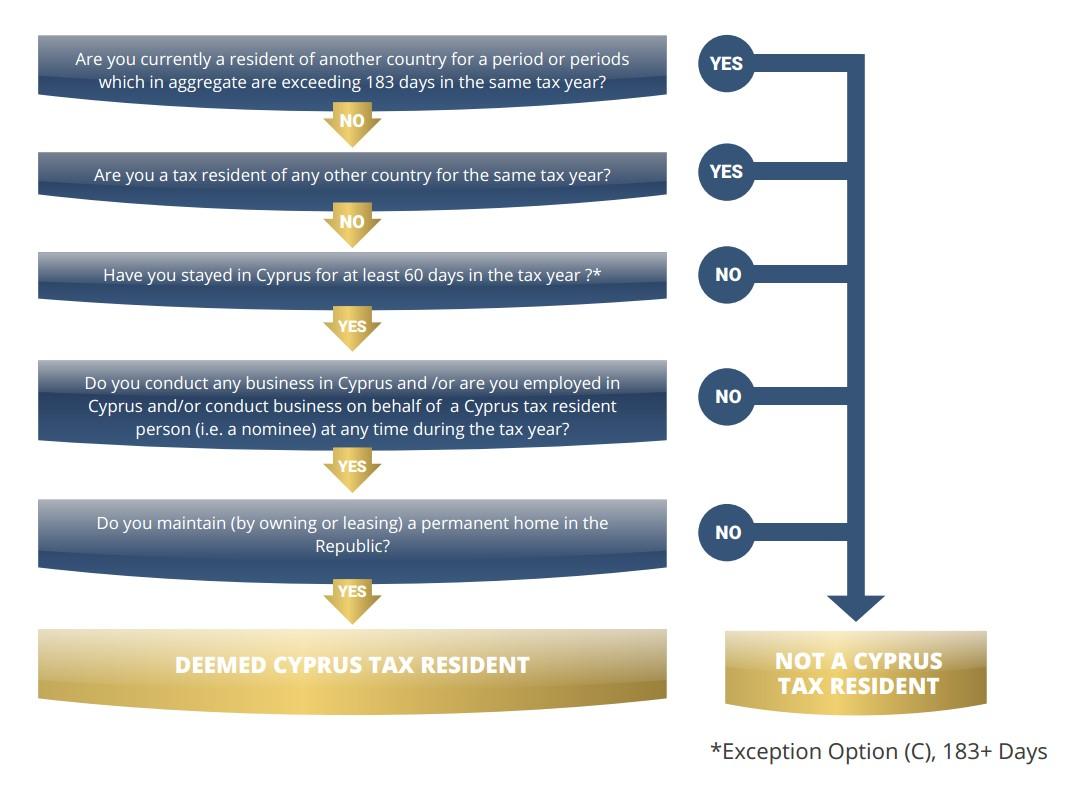1. Data Protection at a glance
General Information
The following notes give a simple overview of what happens to your personal information when you visit our website. Personal data is all data that can be used to personally identify you. Detailed information regarding data protection can be found in our Privacy Policy, which follows below.
Data Collection on our Website
Who is responsible for the data collection on this website?
The data processing on this website is carried out by the website operator, whose contact details may be found in the Legal Notice of this website.
How do we collect your data?
On the one hand, your data will be collected if you share personal information with us. For example, this may be the data which you enter into a contact form.
Other data is collected automatically by our IT systems when you visit this website. These are mostly technical data (for example, the internet browser, operating system and time of the page request). The collection of this data happens automatically as soon as you enter our website.
What do we use your data for?
Part of the data is collected to ensure that the website is kept in good working order. Other data can be used to analyse your user behaviour.
What rights do you have regarding your data?
You have the right to obtain free information about the origin, recipient and purpose of your stored personal data at any time. You also have the right to request the correction, blocking or deletion of this data. For this purpose, and in case you have further questions about data protection, you can contact us at the address given in the Legal Notice at any time. Furthermore, you have a right to appeal to the competent regulatory body.
2. General and Mandatory Information
Data Protection
The operators of these pages take the protection of your personal data very seriously. We treat your personal data confidentially and in accordance with the relevant data protection laws and this Privacy Policy.
If you use this website, various personal data will be collected. Personal information is information that makes it possible to personally identify you. This Privacy Policy explains which information we collect and we use it for. It also explains how and for what this data is collected.
Please note that there potential security gaps in data transmission over the internet (for example, communication via e-mail). Complete protection of the data from access by third parties is therefore not possible.
Note regarding the responsible Authority
The responsible Authority for the processing of data related to this website is:
Privacy Management GroupLtd.
Lawyers | Chartered Accountants | Management Consultants
European Service Centre
61-63 Lord-Byron-Street, 5th Floor
6023 Larnaca, Cyprus
Phone: +357 240 204 00
Email: backoffice@tax-residence.com
The responsible authority is the natural or legal person who, alone or in concert with others, decides on the purposes and means of processing personal data (such as, names, email addresses, etc.).
Withdrawing your Consent to Data Processing
Many data processing operations are only possible with your express consent. You can revoke your consent at any time. To do this, an informal message sent to us via email is sufficient. The legality of the data processing carried out until the time of consent withdrawal remains unaffected by the withdrawal.
SSL or TLS Encryption
For security reasons and to protect the transmission of confidential information, such as orders or requests which you send to us as the site operator, this site uses SSL or TLS encryption. You can detect an encrypted connection by examining the address line of the browser: when encrypted the “http://” changes to “https://” and the lock symbol appears in the browser line.
If SSL or TLS encryption is enabled, the data you submit to us cannot be seen by third parties.
Encrypted Payments on this Website
If, after the conclusion of a fee-based contract, there is an obligation to provide us with your payment details (for example, the account number for direct debit authorisation), this data will be required for payment processing.
Payment transactions via the common means of payment (Visa / MasterCard, direct debit) are made exclusively via an encrypted SSL or TLS connection. You can detect an encrypted connection by examining the address line of the browser: when encrypted the “http://” changes to “https://” and the lock symbol appears in the browser line.
When SSL or TLS encryption is enabled, the payment details that you submit to us cannot be seen by third parties.
3. Data Protection Officer
Statutory Data Protection Officer
We have appointed a data protection officer for our company.
Yiannis Papapetrou
61-63 Lord-Byron-Street, 5th Floor
6023 Larnaca, Cyprus
Telefon: +357 240 204 45
E-Mail: yp@eu-ibc.com
4. Data Collection on our Website
Cookies
The internet pages partly use so-called cookies. Cookies do not harm your computer and do not contain viruses. Cookies serve to make our offer more user-friendly, effective and secure. Cookies are small text files, which are stored on your computer and saved by your browser.
Most of the cookies we use are so-called “session cookies”. They are automatically deleted after your visit. Other cookies remain stored on your device until you delete them. These cookies allow us to recognise your browser the next time you visit.
You can set your browser so that you are informed about the setting of cookies and allow cookies only in individual cases, block cookies only in certain situations or in general, and activate the automatic deletion of cookies when closing the browser. Disabling cookies may limit the functionality of this website.
Cookies which are necessary to carry out the electronic communication process or to provide certain functions that you wish to use (for example, the shopping cart function) are placed on the basis of art. 6 para. 1 lit. f GDPR. The website operator has a legitimate interest in the placing of cookies which serve to ensure the optimal provision of services, free of all technical errors. With regard to other cookies (for example, cookies for analysing your surfing behavior), these will be treated separately in this Privacy Policy.
Server Log Files
The provider of the pages automatically collects and stores information in so-called server log files, which your browser automatically transmits to us. These are:
- Browser type and browser version
- Operating System in use
- Referrer URL
- Host name of the accessing computer
- Time of the server request
- IP address
The data will not be merged with data from other sources.
The basis for data processing is art. 6 para. 1 lit. b GDPR, which allows the processing of data in order to fulfill a contractual obligations or pre-contractual measures.
Contact Form
When you send us inquiries via the contact form, the information you provided in the form, including the contact details you indicated there, will be stored in order to process the request and in case of follow-up questions. We will not share this information without your consent.
The processing of the data entered into the contact form therefore follows exclusively based on your consent (art. 6 (1) lit. GDPR). You can revoke this consent at any time. An informal message sent to us via email is sufficient. The legality of the data processing operations carried out until the time of the withdrawal of consent remains unaffected by the withdrawal.
The information you provide in the contact form will remain with us until you ask us to delete it, revoke your consent for us to store it, or until the time that the purpose for data storage expires (for example, when your request has been processed). Mandatory legal provisions – specifically storage periods – remain unaffected.
5. Newsletter
Newsletter Data
If you would like to receive the newsletter offered on the website, we need an email address from you, as well as information that allows us to verify that you are the owner of the specified email address and that you agree to receive the newsletter. Further data shall only be collected on a voluntary basis, if at all. We use this data exclusively for the transmission of the requested information and do not pass it on to third parties.
The processing of the data entered into the newsletter registration form takes place exclusively on the basis of your consent (art. 6 (1) lit. GDPR). The consent to the storage of the data and the email address, as well as their use for sending the newsletter can be revoked at any time, via the “unsubscribe” link in the newsletter. The legality of the already completed data processing operations remains unaffected by the withdrawal of consent.
The data deposited with us for the purpose of receiving the newsletter will be stored with us until such a time that you unsubscribe from the newsletter and will be deleted once you unsubscribe from the newsletter. Data which has been saved by us for other purposes (for example, email addresses for the members-only area) remains unaffected.
MailChimp
This website uses the services of MailChimp in order to send newsletters. The provider is the Rocket Science Group LLC, 675 Ponce De Leon Ave. NE, Suite 5000, Atlanta, GA 30308, USA.
MailChimp is a service with which the dispatch of newsletters can be organised and analysed. When you enter data for the purpose of newsletter subscription (for example, an email address) this will be stored on MailChimp’s servers in the United States.
MailChimp is certified under the “EU-US Privacy Shield”. The “Privacy Shield” is an agreement between the European Union (EU) and the US to ensure compliance with European privacy standards in the United States.
With the help of MailChimp we can analyse our newsletter campaigns. When you open an email sent by MailChimp, a file included in the email (a so-called web beacon) connects to MailChimp’s servers in the United States. Through this it can be determined if a newsletter message has been opened and which links have been clicked on. In addition, technical information is collected (for example, time of retrieval, IP address, browser type and operating system). This information cannot be assigned to the respective newsletter recipient. It is used exclusively for the statistical analysis of newsletter campaigns. The results of these analyses can be used to better tailor future newsletter to the interests of the recipients.
If you do not want to subject your data to analysis by MailChimp, you must unsubscribe from the newsletter. To do this, we provide a corresponding link in each newsletter message. Furthermore, you can directly unsubscribe from the newsletter on the website.
Data processing is based on your consent (article 6 (1) (a) GDPR). You can revoke this consent at any time by unsubscribing from the newsletter. The legality of the already completed data processing operations remains unaffected by the withdrawal of consent.
The data deposited with us for the purpose of receiving the newsletter will be stored with us until such a time that you unsubscribe from the newsletter and will be deleted from both our servers and MailChimp’s servers once you unsubscribe from the newsletter. Data which has been saved by us for other purposes (for example, email addresses for the members-only area) remains unaffected.
For more details, see MailChimp’s Privacy Policy at: https://mailchimp.com/legal/terms/.
6. Plugins and Tools
YouTube
Our website uses plugins from the Google-powered site “YouTube”. The site operator is YouTube, LLC, 901 Cherry Ave., San Bruno, CA 94066, USA.
When you visit one of our YouTube plugin-enabled sites, you will be connected to YouTube’s servers. As a result, the YouTube servers are informed about which of our pages you’ve visited.
If you are logged into your YouTube account, this will allow YouTube to link your browsing behavior directly with your personal profile. You can prevent this by logging out of your YouTube account.
The use of YouTube is in the interest of an attractive presentation of our online offers. This constitutes a legitimate interest within the meaning of art. 6 para. 1 lit. f GDPR.
For more information about the processing of user data, please refer to the YouTube Privacy Policy at: https://www.google.en/intl/en/policies/privacy.
Google Maps
This site uses the mapping service Google Maps via an API. The provider is Google Inc., 1600 Amphitheatre Parkway, Mountain View, CA 94043, USA.
To use the features of Google Maps, it is necessary to save your IP address. This information is usually transmitted to and stored by Google on servers in the United States. The provider of this site has no influence on the transmission of this data.
The use of Google Maps is in the interest of an attractive presentation of our online offers and to make it easy to locate the places we have indicated on the website. This constitutes a legitimate interest within the meaning of art. 6 para. 1 lit. f GDPR.
For more information on the processing of user data, please refer to Google’s Privacy Policy: https://www.google.en/intl/en/policies/privacy.

 In legal and tax terms, where a person holds their “residence” is dependent on several circumstances, which together give the impression that the person is not only temporarily staying in a particular place. One of these circumstances is if a person spends more than 6 months at a time in one pace – the 183 Day Rule. Short interruptions are of no consequence.
In legal and tax terms, where a person holds their “residence” is dependent on several circumstances, which together give the impression that the person is not only temporarily staying in a particular place. One of these circumstances is if a person spends more than 6 months at a time in one pace – the 183 Day Rule. Short interruptions are of no consequence.
















 Important: only one of these criteria needs to be met, in order for a company to qualify as an "Active Company"!
Important: only one of these criteria needs to be met, in order for a company to qualify as an "Active Company"!
